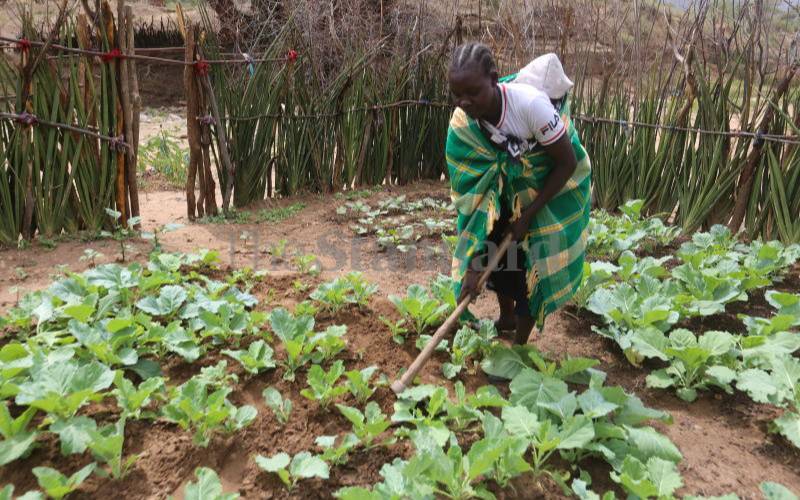
Breastfeeding is one of the most effective ways to ensure child health and survival, but breastfeeding dynamics have changed dramatically over the years, due to social, economic and cultural changes. The only constant is the overwhelming benefits of breastfeeding or mother's milk.
For starters, babies who are breastfed have shown better intelligence even despite being preterm. Breast milk contains antibodies that reduce risk of infections including respiratory tract, gastrointestinal, ENT and others like leukaemia. Breast milk also reduces the chances for adolescent obesity and diabetes in later life.
Breast milk is not only nutritious food, but also natural prophylactic medicine- dealing with the primary level of disease prevention, which is the most effective.
Mothers also benefit from breastfeeding as it provokes the hormone 'oxytocin' which is involved in milk ejection and contraction of the uterus. This means initiating breastfeeding early, means a mother is less prone to excessive bleeding and anemia after delivery.
Oxytocin also reduces the chances for depression and anxiety. It is known as a 'love hormone'.
Breastfeeding mothers have been found to be less prone to breast, ovarian and uterine cancers and also have reduced chances for type 2 diabetes and heart disease. Exclusively breastfeeding also promotes birth spacing.
To both mother and child, breastfeeding is the primary way of bonding. It is convenient and economical as no money is needed and also environment friendly. It needs no much preparation besides hygiene of the hands and breast. A nursing or improvised pillow can help in comfort. Mother then allows the baby to latch.
Some indicators of effective breastfeeding include, slow rhythmic suckling with no pain to the mother and audible sound of baby swallowing milk.
- How genes may influence breast milk production
Keep Reading
Mothers at times need to express milk due to problems in attachment, mother and baby separation due to work, prematurity or illness and when baby does not breastfeed adequately.
Ways of expressing are manual using a manual breast pump or an electric one. Expressed milk can be stored at four degrees and used within five days or if in domestic freezer -18 degrees and below can go up to six months. This milk will need warming to a temperature suitable for baby's consumption.
Despite the benefits, some mothers are circumstantially not in a position to breastfeed and reasons might range from medications harmful to the baby. Here, a mother can express and discard milk until it is suitable to breastfeed. There alternatives include:
Wet nursing: This is a situation where relationship and health status allow another woman to breastfeed a newborn. The wet nurse must have been assessed by a health care provider to be fit with no diseases that can be passed through breast milk.
Donor milk: Screened and well-stored donor milk is a great relief to babies who are contraindicated from breastfeeding due to maternal problems.
Formula milk: This comes as the last option when breastmilk is completely unavailable or the baby cannot take breastmilk due to health problems.
Non-breastfeeding babies are fed using well-cleaned and sterilized items such as a cup and spoon, a syringe, a bottle with a teat.
In the current situation of high career/work demands, and poor economy, breastfeeding needs to be factored with baby-friendly initiatives and organizational policies that favour breastfeeding including regular training of staff, patients and the public platforms to sensitize the community on the benefits and ways of breastfeeding.
Unfortunately, the World Health Organization (WHO) notes that two out of three babies are not exclusively breastfed for the recommended six months for the last two decades and hence the increased medication and hospitalization of babies. In Kenya, though, 61 percent of babies, according to the 2018 issue of the International Breastfeeding Journal, are exclusively breastfed with great room for upscaling.
Njeru is a registered nurse at Nyeri County Referral Hospital and midwifery student at Aga Khan University
 The Standard Group Plc is a multi-media organization with investments in media
platforms spanning newspaper print
operations, television, radio broadcasting, digital and online services. The
Standard Group is recognized as a
leading multi-media house in Kenya with a key influence in matters of national
and international interest.
The Standard Group Plc is a multi-media organization with investments in media
platforms spanning newspaper print
operations, television, radio broadcasting, digital and online services. The
Standard Group is recognized as a
leading multi-media house in Kenya with a key influence in matters of national
and international interest.











